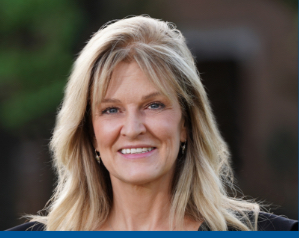
Kimm Taylor
Lecturer in Management – Communication
Kimberly R. Taylor is a lecturer in management – communication, teaching business communication for the MBA@Rice program. She also teaches various communication classes at the University of New Mexico, where she is completing her Ph.D. degree in communication. Her research interests and publications include organizational crisis communication and apologia statements, social media and regret, and representations of women in media.
Prior to joining Rice, Kimm obtained her B.S. in accountancy from Valparaiso University, practiced as a CPA for BDO in Chicago and was a senior internal auditor for United Biscuits, the parent company of Keebler. She completed her M.A. in communication at the University of New Mexico.
Kimm currently volunteers for TEDxABQ with their social media team and enjoys advising students preparing for entrepreneurial and professional organization speech competitions.
Teaching Interests:
- Public speaking
- Business communication
- Team professional communication
- Strategic social media
- Crisis communication
- Interpersonal communication
Research Interests:
- Corporate crisis communication
• Luego de la tormenta ¿llega la calma?: Estrategias de comunicación post-crisis y la sustentabilidad de reputación empresarial. The calm after the storm? Post-crisis communication strategies and the sustainability of business reputation. (in press – 2019) - Corporate apologia statements
• We’re sorry but it’s not our fault: Organizational apologies in ambiguous crisis situations - Social media use
• User Experiences of Regret While Engaging with Social Media - Women in media
• Sexualization of the Journalism Profession: TV Representation of Female Journalists’ Intellect, Labor and Bodies - Interdisciplinary social science and computer-science-driven projects
• Understanding Social Factors Affecting the Cryptocurrency Market (presented at the International Conference for Internet Technology and Secured Transactions at the University of Cambridge, December 2018)


